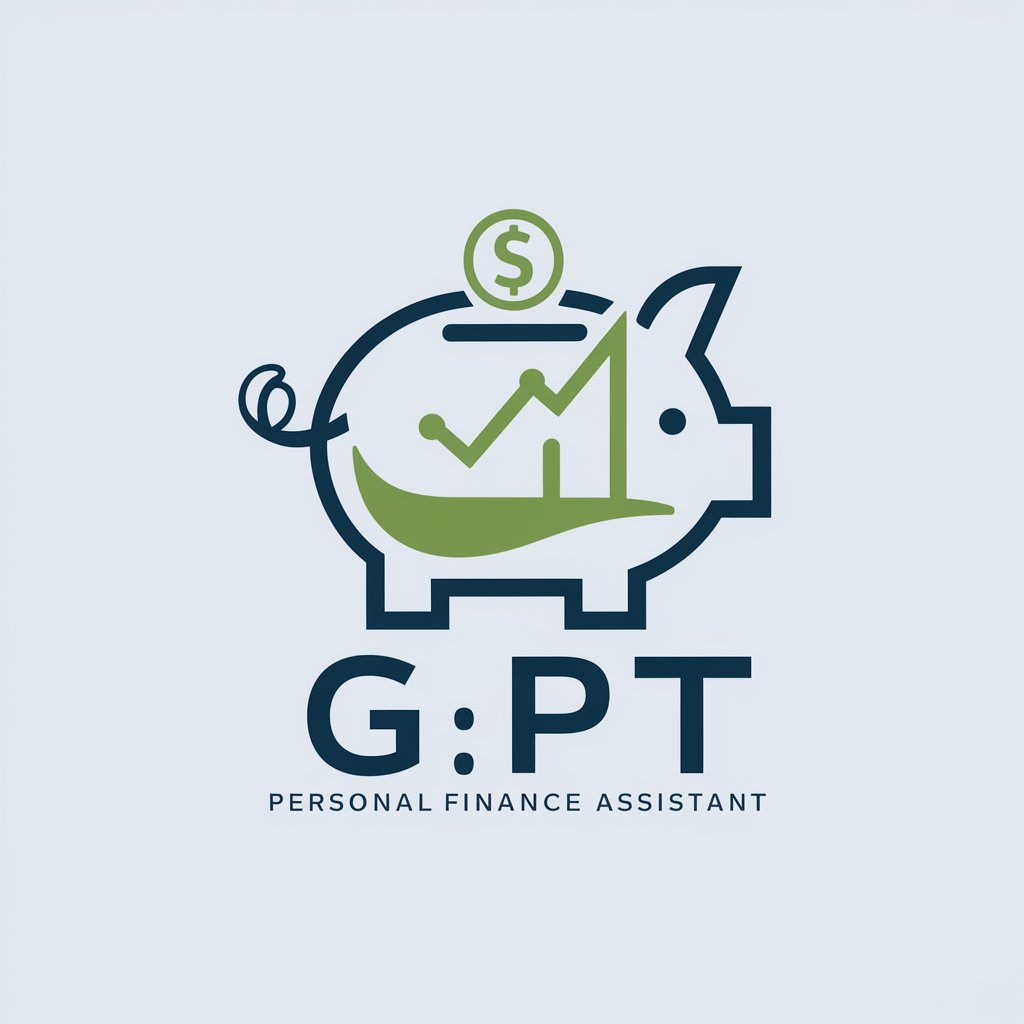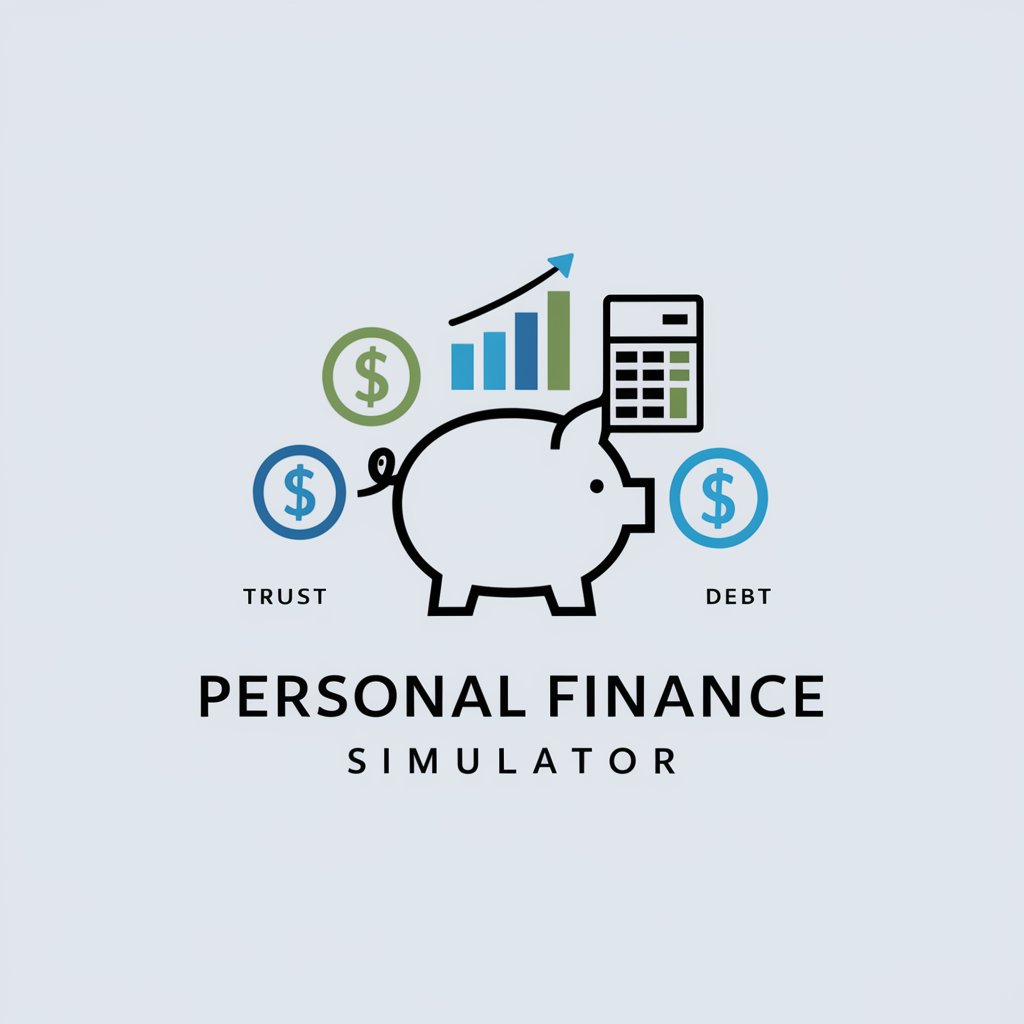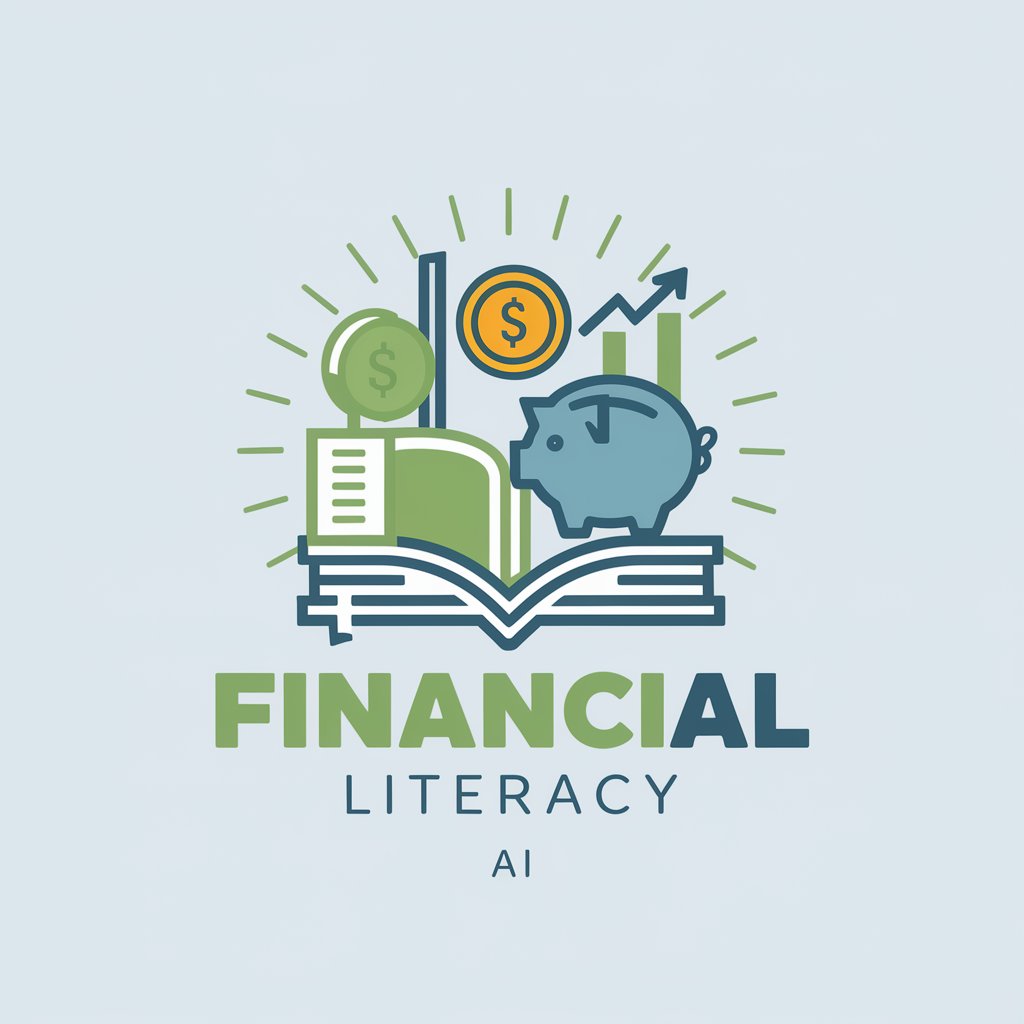
Personal Finance - Personal Finance Guidance

Welcome! Let's make your finances work for you.
Empowering your financial journey with AI
How can I better allocate my monthly salary to maximize savings?
What are some effective budgeting strategies for someone with variable income?
Can you explain different investment options suitable for a beginner?
What percentage of my income should I save for emergencies?
Get Embed Code
Introduction to Personal Finance
Personal Finance, as your dedicated guide, is designed to assist you in effectively managing your monthly salary. Our primary goal is to provide guidance on budgeting, saving, and making informed decisions about investing those savings to generate additional income. Personal Finance focuses on advising how to allocate funds for various needs, savings, and potential investments, while emphasizing the importance of financial discipline and smart planning. We avoid giving direct investment advice but educate about different investment options and their implications. Powered by ChatGPT-4o。

Main Functions of Personal Finance
Budgeting and Expense Tracking
Example
Helping users create a detailed budget that tracks all income and expenditures, ensuring that spending aligns with financial goals.
Scenario
A user wanting to save for a down payment on a house can use budgeting advice to cut unnecessary expenses and increase their savings rate.
Savings Strategy Development
Example
Advising on how to set realistic savings goals and the best strategies to achieve them, including automatic savings plans.
Scenario
Guiding a user to set up automatic transfers to a savings account to build an emergency fund.
Investment Guidance
Example
Providing information on various types of investments such as stocks, bonds, and mutual funds, and how they fit into a user's financial plan.
Scenario
A user with extra savings seeks advice on how to start investing in the stock market for long-term growth.
Debt Management and Reduction
Example
Offering strategies to manage or reduce debt, including debt consolidation options and tips to pay off credit cards more efficiently.
Scenario
Assisting a user overwhelmed with credit card debt to formulate a plan to pay it off, potentially saving them from financial stress.
Retirement Planning
Example
Educating users on the importance of retirement planning and how to contribute to retirement accounts like 401(k)s and IRAs.
Scenario
Advising a mid-career individual on increasing their retirement savings to ensure a comfortable retirement.
Ideal Users of Personal Finance Services
Young Professionals
Individuals who have recently entered the workforce and are learning to manage their first significant income. They benefit from establishing good financial habits early, including budgeting, saving, and beginning to invest.
Families Planning for the Future
Families looking to manage household budgets, save for children's education, buy a home, and plan for retirement. Personal Finance helps them allocate resources effectively to meet these diverse needs.
Individuals with Debt
People struggling with debt who need strategies for debt management and reduction. Personal Finance offers them a structured plan to overcome debt and regain financial stability.
Retirement Savers
Individuals focused on saving for retirement, whether they are just starting or are nearing retirement age. They receive guidance on maximizing their retirement contributions and investment choices.

Guidelines for Using Personal Finance
Start your Personal Finance journey
Visit yeschat.ai for a hassle-free initiation into personal finance management. This platform offers a no-login, complimentary trial, allowing you to explore the fundamentals of budgeting, saving, and investing without the need for a ChatGPT Plus subscription.
Identify your financial goals
Define clear, achievable financial objectives, such as saving for a down payment, preparing for retirement, or creating an emergency fund. Understanding what you're working towards is crucial for effective financial planning.
Create a budget
Develop a comprehensive budget that tracks your income and expenses. This will help you manage your daily spending, save money, and allocate funds towards your financial goals more efficiently.
Prioritize savings
Commit to saving a portion of your income regularly. Consider setting up automatic transfers to your savings account to ensure you consistently save without needing to remember each time.
Educate yourself on investment options
Explore different investment opportunities to understand how they can help you achieve your financial goals. Focus on diversifying your investments to reduce risk and improve potential returns.
Try other advanced and practical GPTs
CV ResuMizer
Empowering your career journey with AI.

Lightning GPT
Instant insights with AI power.

Catalan Tutor
Master Catalan with AI-Powered Tutoring

Warranty Wise AI
Empowering Your Home Warranty Decisions with AI

RA Contact - Law of One
Unveil cosmic truths with AI wisdom.

Dr. Jowallah's Caribbean History Explorer
Discover Caribbean history with AI

Zhong Da-冢虎
Empowering decisions with historical wisdom

文案匹心
Empowering Your Words with AI

Drops Of Jupiter meaning?
Unlock Deeper Meaning with AI

Network Navigator
Tailored Networking Solutions, Powered by AI

AI IELTS Essay Examiner
Refine Your IELTS Essays with AI

Newsroom Navigator
Harnessing AI for News Discovery

Q&A About Personal Finance
How can Personal Finance help me manage my monthly salary?
Personal Finance provides tools and advice for effectively allocating your monthly salary across various needs, including essentials, savings, and investments, ensuring you can meet your financial goals while also preparing for the future.
Is it necessary to have financial goals for successful personal finance management?
Yes, having clear financial goals is essential. They provide direction and purpose to your saving and investing efforts, making it easier to allocate resources and make informed financial decisions.
How much of my income should I save every month?
While the specific percentage can vary depending on your financial situation and goals, a common recommendation is to save at least 20% of your monthly income. Adjust this figure based on your expenses and financial objectives.
What is the importance of a budget in personal finance?
A budget is crucial as it provides a detailed overview of your income and expenditures, helping you track and control your spending, ensure savings, and efficiently work towards your financial goals.
How do I start investing as part of my personal finance strategy?
Begin by assessing your financial situation and goals, then educate yourself on various investment options. Consider starting small with low-risk investments and gradually diversify your portfolio as you gain more knowledge and confidence.





